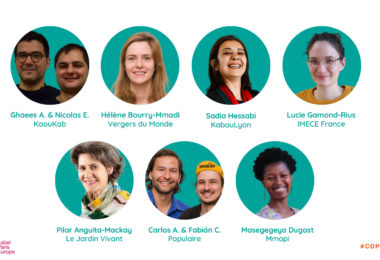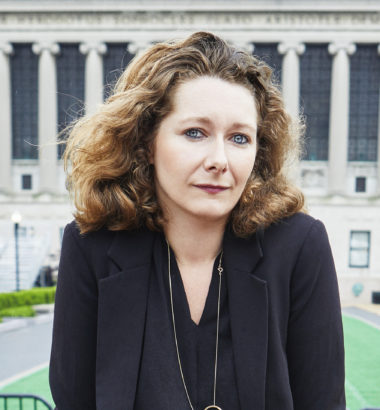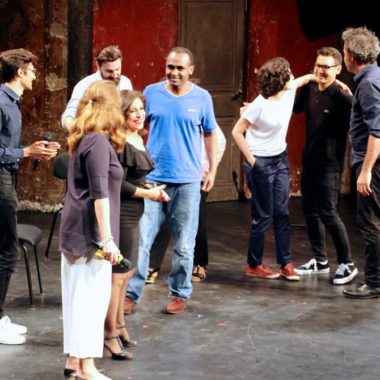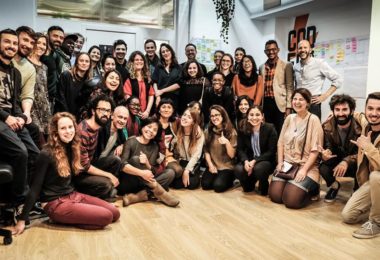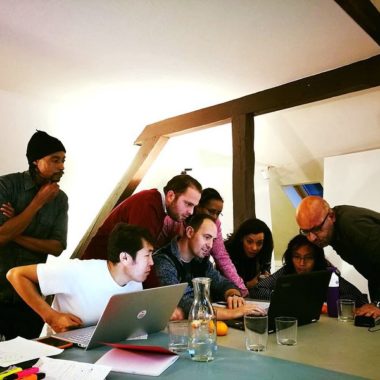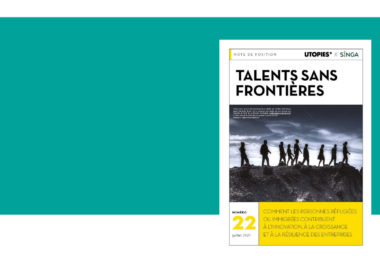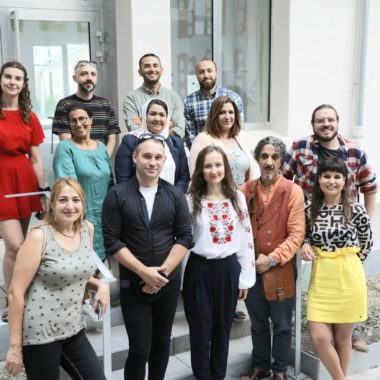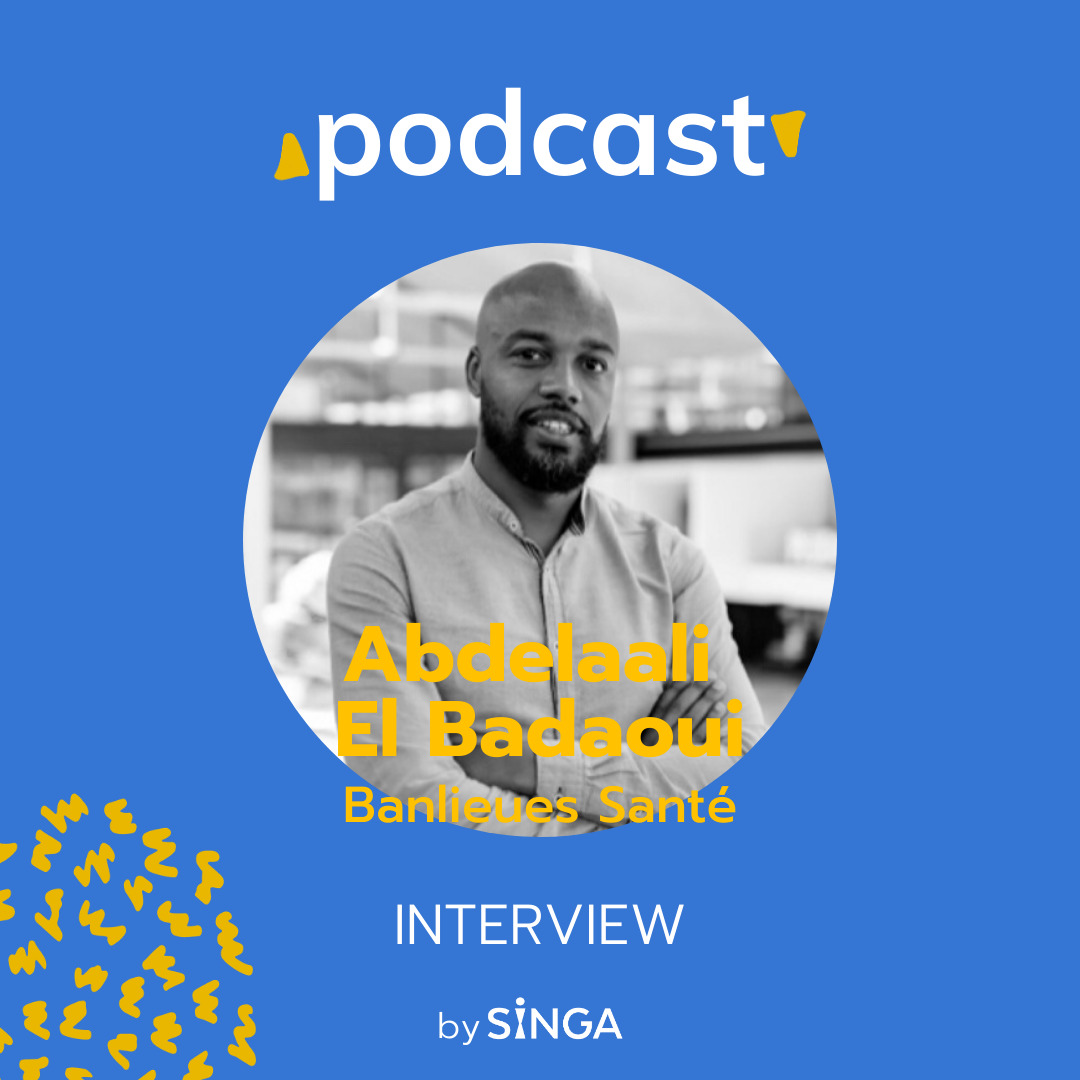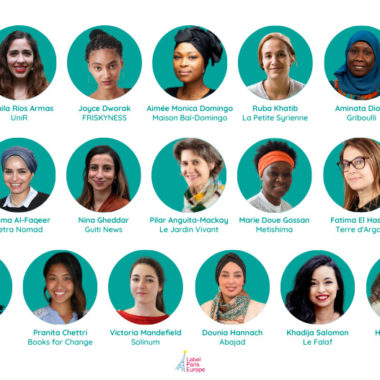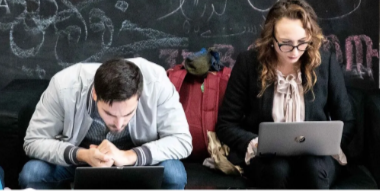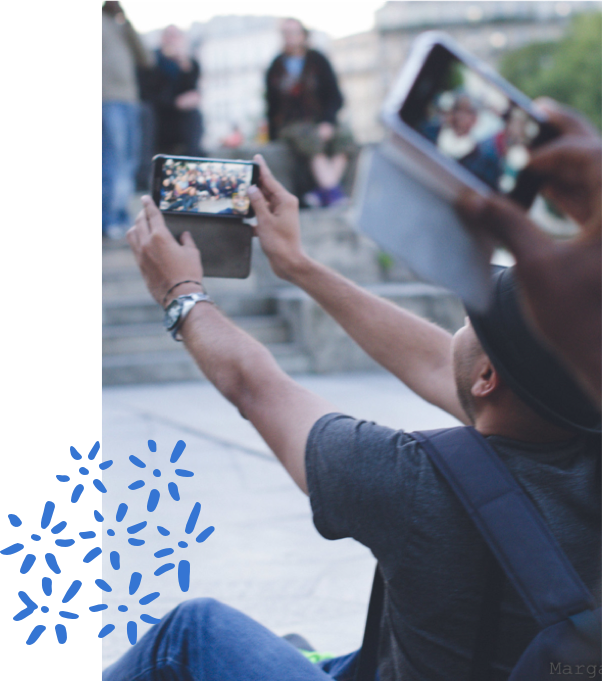Migration | June 8th, 2023
Share this
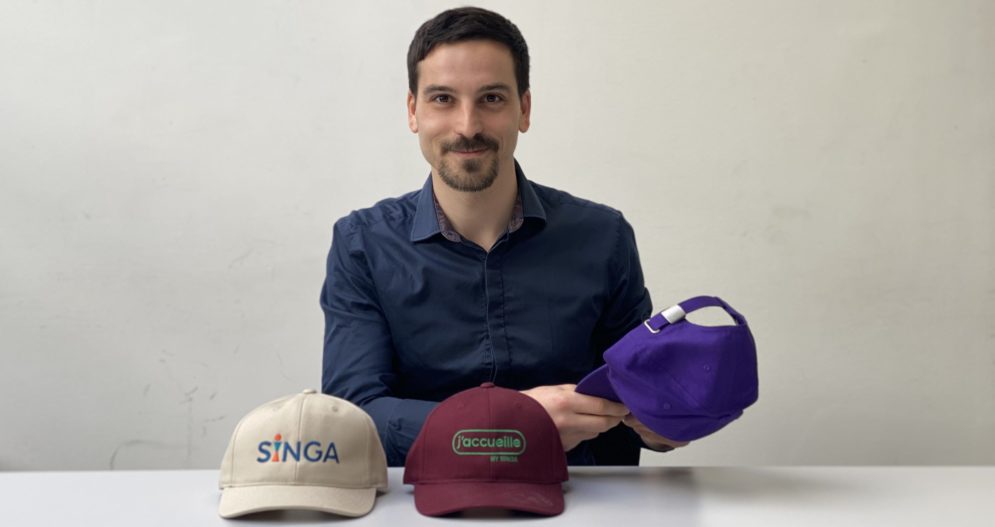
Let’s rewind…
In Australia, while working as a jurist at Amnesty International, you meet young people your age, asylum seekers in the Villawood detention center. You form friendships with some of them by playing cards and cricket, or by learning Sri Lankan cuisine. Through their presence, you witness the absurdity of the existing system. These young people are locked up with their traumas, without any visibility into their future. Their talents are wasted, and their motivation dissipates, possibly never to return. Upon returning to France, you learn about the suicide of one of your friends. This tragic death, which revealed a deep dysfunction in the reception of refugees, became a turning point. You then decide to create SINGA, along with Nathanaël Molle in 2012, and then Alice Barbe….
SINGA in the beginning, what was it?
It was a crowd-lending project to finance refugee entrepreneurs. We called it SINGA because it translates to “loan” in Bambara and because it’s easy to say in all languages. Then it quickly became a community for cultural exchanges between refugees and French people, brought to life on Facebook and in partner locations, such as École 3A or La Ruche.
In a decade, SINGA has become a leading international organization in the field of migration, bringing together over 80,000 members in 18 cities across Europe and Canada. How did this happen?
By aiming for systemic change. Engaging 80,000 people is good, but training 2,000 entrepreneurs who each reach 50,000 clients or beneficiaries is even better! Do the math 😉 We have always sought to reach the tipping point in society. It happens when enough people have had a different experience of inclusion, have become aware of the absurdity of current rules and behaviors. For SINGA employees, there is a world where seeking asylum is not an additional form of suffering, where skills are recognized, and cultural differences are welcomed as an opportunity to learn. We know that this world requires architecture and infrastructure. In short, it needs to be built. We are very pragmatic and patient.
Many have told us that you were crazy… Should we believe that societal change therefore requires (a bit of) madness?
One of the most famous definitions of madness is attributed to a refugee named Albert Einstein: “Insanity is doing the same thing over and over and expecting different results.” The opposite of madness, then, would be to change certain things. This movement is healthy in a world gone mad. It often requires courage because there is nothing more difficult to confront peoples habits and break them.
Can you provide us with a detailed explanation of what is often referred to as the “SINGA method,” which makes SINGA unique?
The SINGA method involves empowering individuals affected by migration, starting with newcomers, to make decisions. This approach gives rise to peer-to-peer activities and future-oriented services. SINGA’s activities are designed to foster positive encounters and stimulate creativity. Lastly, there is a less visible but equally important aspect that involves anticipating and managing the crises that inevitably arise when thousands of people engage in exchanges.
Beyond the successes, such an adventure must also be measured in terms of struggles and moments of doubt… Would you share one with us?
As an entrepreneur, I distinguish myself by seeing a “struggle” as a puzzle to solve. It’s not that I actively seek them out, but almost. I would say that I have a rather good relationship with puzzles. However, there are struggles that go beyond the scope of this work, such as dealing with kidney stones or death threats, those I didn’t particularly enjoy. But if I had to choose the ultimate challenge of the decade, I would say it was the launch of an event platform in February 2020, right in the midst of a lockdown, after two years of intense work. It was a bit tough on my self estem.
If I had to summarize 11 years of the SINGA adventure in 3 words, it would be:
Citizens of the world.
Let’s unravel…
2023 marks a new milestone for you. Can you explain your new projects?
This year, I am joining Impact Partners, a European management firm for impact investments, as an associate director, to launch a fund focused on the inclusion of newcomers in Europe. Impact Partners is the perfect partner for this project because they share the social impact intention and economic profitability requirement of SINGA. They also have a European dimension and a commitment to scaling up efforts to address all social inequalities.
What motivated this choice?
It’s a return to our roots: I will finally be funding entrepreneurs, as we initially intended with SINGA. I also see it as a logical progression. The ecosystem we have built has reached maturity. It now needs funding to scale up and become more industrialized. And it’s now or never because the era of migration has begun, and our preparation for this is catastrophic.
What connection(s) will you maintain with SINGA?
The Fund will be managed by my team within Impact Partners, but this project is done in partnership with SINGA. So we will be in constant contact. The incubators and the accelerator will benefit from new funding tools to support entrepreneurs. Together, we will contribute to building a more inclusive European economy.




